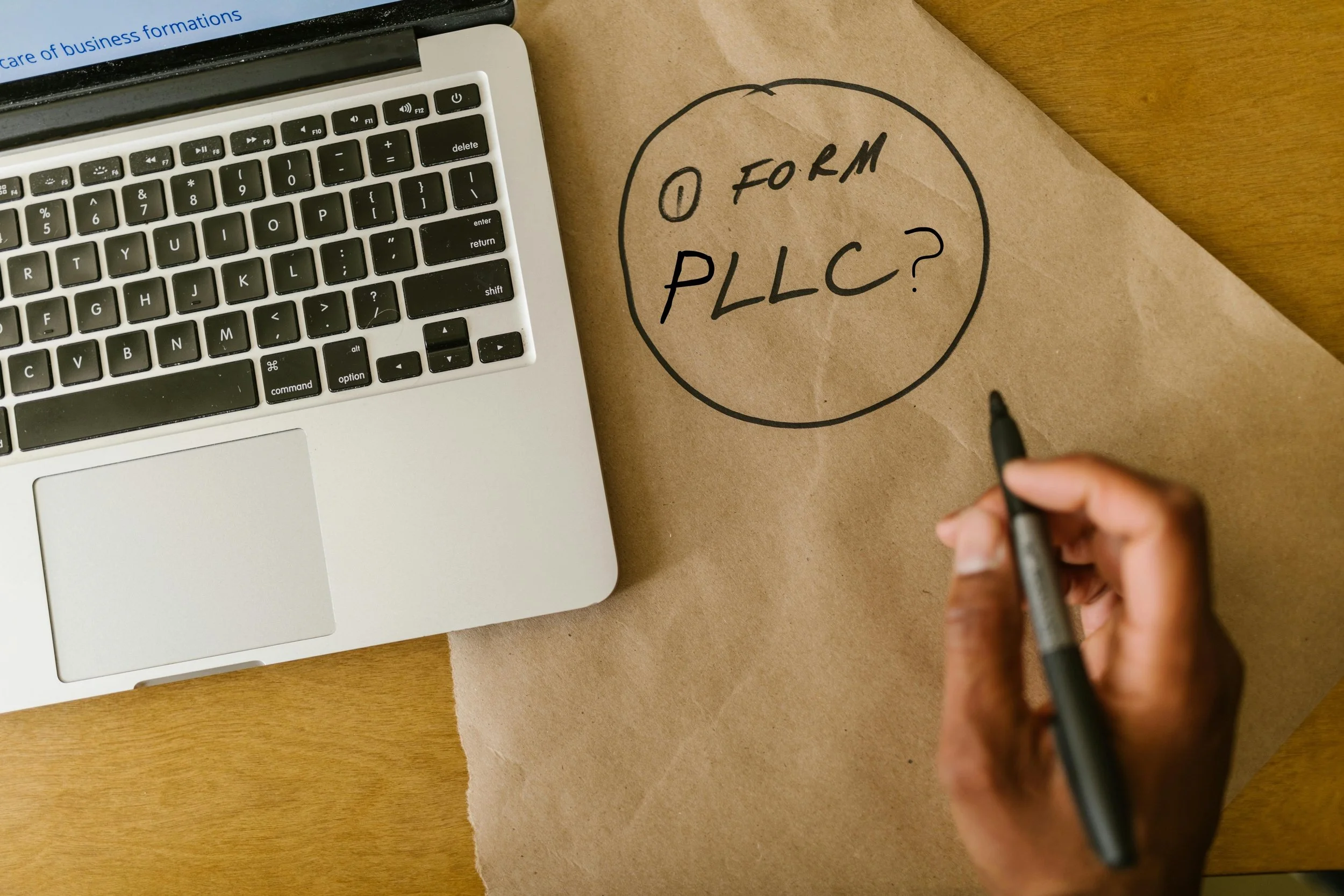What is the U Visa Bona Fide Determination Process and Do I Qualify?
There is currently a backlog of roughly 160,000 U visa cases pending with USCIS. Unfortunately, due to the 10,000 per year visa cap, there are countless individuals who are otherwise eligible for U visas, but are simply waiting in line for their case to be reviewed and ultimately approved. Earlier this year, the Biden Administration created the U Visa Bona Fide Determination ("BFD") process as a means to alleviate some of the current constraints on timely reviewing and adjudicating these cases. For those that qualify under this new process, they will receive work authorization and deferred action for a period of 4 years, which also can be renewed.
ELIGIBILITY FOR THE BONA FIDE DETERMINATION
This new process applies to anyone who has a U visa application (I-918 or I-918A) already pending or who files after June 14, 2021. In order to qualify for the BFD process as a principal U visa petitioner, you must properly file or have already properly filed. An application is considered properly filed if a complete I-918 application was filed with all required initial evidence, specifically: an I-918, Supplement B Certification, signed no more than six months prior to submission, and a personal statement describing the facts of the crime victimization. If you application was rejected, and you did not refile properly, you do not qualify for the BFD process.
To be considered for the BFD process as a qualifying family member of the principal U visa petitioner, you must properly file or have already properly filed a complete I-918A application, with evidence of the qualifying family relationship to the principal U visa petitioner, and the principal U visa petitioner must have been granted BFD. For both situations the applicants must complete biometrics/fingerprinting, as there is a discretionary determination based on a review of the results of the biometrics screening as to whether the applicant poses a risk to national security or public safety.
WHO DOESN'T QUALIFY FOR THE BFD PROCESS
If you are a U visa applicant currently living outside the United States, you do not qualify for the BFD process. In addition, individuals who are deemed to be a threat to national security or public safety. In particular, if you have convictions or arrests for offenses related to aggravated assault, sexual abuse, firearms, child pornography, drug manufacturing, distributing, or sale, among other offenses, you will not qualify for the BFD process. Finally, although only a temporary restriction, qualifying relatives cannot receive a BFD on their own and must wait until the principal applicant receives a BFD.
WHAT HAPPENS IF I AM NOT GRANTED BFD?
If you are not granted BFD, this does not mean that your U visa application has been denied. Instead, as a principal U visa petitioner you will be placed on a waitlist adjudication, which may be accompanied by a Request for Evidence ("RFE") or Notice of Intent to Deny ("NOID"). If you are approved for the waitlist, you can still obtain work authorization and deferred action; however, the wait time is significantly longer than if you were granted BFD. Unfortunately, at this stage USCIS may also outright deny the U visa petition altogether.
For qualifying family members who are not granted BFD, they move on to have a full review of their case, which can result in the issuance of RFEs or NOIDs. If the principal petitioner was placed on the waitlist, the qualifying family member will also likely be placed on the waitlist (if they can resolve the issues addressed in the RFE/NOID). If the principal petitioner receives a BFD, the qualifying family member cannot be placed on the waitlist and will likely be issued a BFD as well, again, assuming they can overcome the issues raised in the RFE or NOID.
If you have any questions about the U visa process or the BFD process, please do not hesitate to schedule a consultation with our qualified immigration attorneys who are best suited to assist with these matters.
Disclaimer: This blog post and similar posts are not to be considered as providing legal advice. The discussion here is meant for educational and informational purposes only and shall not create an attorney-client relationship with the readers of this content.
tags
- 90 Day Rule 1
- Addendum 1
- Adjustment of Status 15
- Advance Parole 1
- Affidavit of Support 1
- Americans with Disabilities Act 1
- Attorney-Client Privilege 1
- Attorney-Client Relationship 1
- Background Checks 1
- Bargaining Power 1
- Bars to Adjustment of Status 1
- Board of Directors 1
- Bona Fide Marital Relationship 3
- By-laws 1
- CIMT 1
- Certificate of Authority 1
- Certificate of Citizenship 1
- Child Citizenship Act of 2000 1
- Commercial Leases 1
- Conditional Green Card 6
- Confidentiality 1
- Consular Processing 3
- Consulting Agreements 1
- Continuous Residency 1
- Contract Clauses 9
- Contract Negotiation 6
- Contracts 12
- Coronavirus 4
- Corporations 6
- Correcting Errors 1
- Crime Involving Moral Turpitude 1
- Crime Victims 6
- DACA 1
- Dissolving LLCs 1
- ESTA 1
- Employees 3
- Employers 3
- Expanded Family/Medical Leave 1
- FOIA Requests 1
- False Claim to U.S. Citizenship 1
- Fiancé Visa Interview 1
- Fiancé Visas 10
- Force Majeure 2
- Foreign PLLCs 2
- Freedom of Information Act 1
- Good Moral Character 7
- Green Card Interview 2
- Greencard 17
- I-129F 1
- I-130 Application 3





